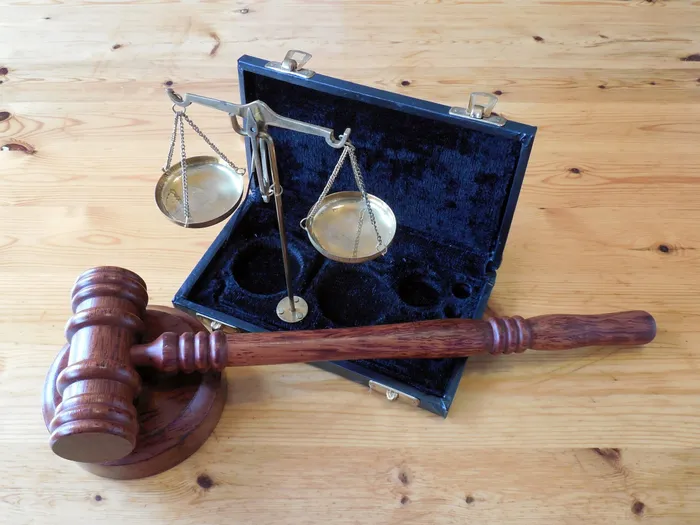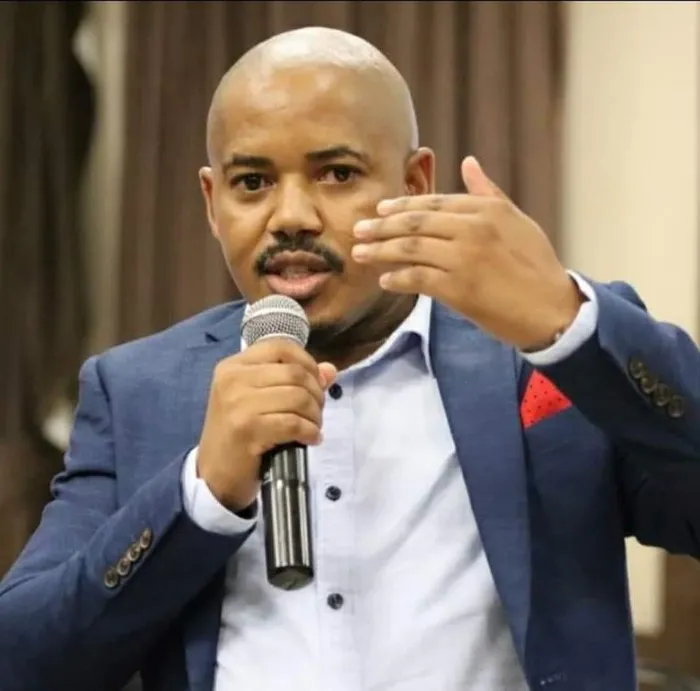Revive the Tana High-level forum: Facilitate the re-establishment of African Renaissance Clubs

, I urge the two Foundations to include the revival of the Tana High-level forum in their immediate flagship programme so that the human and intellectual capital served in the forum can use their institutional memory to guide and advise the envisaged clubs, the writer says.
Image: File
Sixteen years ago, the African Union (AU) convened a summit of heads of state in Tripoli, Libya, to analyse, among other matters, the state of conflicts, peace, and security across the continent.
The summit resolved to eliminate the ongoing conflicts and promote sustainable peace and security throughout the continent.
These heads of African states committed to implementing this resolution within the ‘African-centred solutions to peace and security’ framework.
However, three years after that 2009 AU summit and following the wave of violent conflicts characterised as the ‘Arab Spring’ in countries such as Egypt, Tunisia, and Libya and others, the Tana High-Level Forum was established in 2012 as a centre for Pan-African conversation and facilitation of the practical realisation of the summit resolution.
This high-level forum has evolved into an informal strategic platform for key decision-makers and civil society organisations (CSOs) across the continent to meet and not only exchange best practices, experiences, and ideas on conflict resolution, peace, and security, but also African ideas and thoughts.
Interestingly, the forum adopted a baobab tree as its logo because historically, African “Kings and elders would hold meetings under the baobab tree, with the belief that the tree’s spirits would guide them in decision-making.
It symbolises a meeting place where communities and individuals gather to share stories, conversations and wisdom among the young and the elders.”
In October 2022, the Tana Forum celebrated a decade of existence; it is important to note that African women, Dr Hesphina Rukato, Ms Michelle Ndiaye and Ms Lettie Langwe have coordinated this initiative throughout this period.
The forum has established itself as a genuine platform for exchanging ideas, showcasing well-researched Pan-African papers that set the agenda for the AU and commission meetings.
It also aims to implement the call for ‘African solutions to African problems’.
Although this call is critiqued by some Africans, who argue that certain problems do not necessarily originate in Africa, I maintain that it is still critical because the intention is for African leaders to take ownership of Africa’s destiny and foster collective self-reliance to activate African agency and promote Pan-African ideas in the ‘global Africa’.
I contend that the establishment of this high-level forum thirteen years ago has created a networking platform for Africans and produced crucial African literature that can serve as the foundation and reservoir of an indigenous knowledge system for the (re)-establishment of the African Renaissance Clubs, as proclaimed by a member of the Thabo Mbeki Foundation Advisory Council, Ambassador Ami Mpunguwe, during the 15th Thabo Mbeki Annual African Day Lecture in Tanzania.
That in the coming months, the Thabo Mbeki, Julius Nyerere Foundations and other stakeholders will work on establishing Renaissance clubs from Dar es Salaam to the diaspora.
These clubs aim to revive the Pan-African movement, igniting and accelerating the African Renaissance and agency by nurturing thought leaders, thinkers, and doers in the quest to realise the vision and dreams of the founding leaders of the Organisation of African Unity (OAU).
I am confident that the TM Foundation has critically assessed the factors contributing to the decline of the previous Renaissance and Pan African structure and the Pan-African movement on the continent and has drawn valuable lessons from the movement in the diaspora.
This assessment is necessary to avert the repetition of history, especially considering that the task ahead is daunting, as there is an argument that Africa is more dependent today than it was at the dawn of independence more than six decades ago.
Therefore, I urge the two Foundations to include the revival of the Tana High-level forum in their immediate flagship programme so that the human and intellectual capital served in the forum can use their institutional memory to guide and advise the envisaged clubs.
Already, the forum has produced research papers and recommendations that the African Union never implemented due to its leadership crisis and lack of political will to drive the African agenda and inspire hope to Africans.
The foundations would need funding and partnerships to implement this critical Pan-African initiative.
However, I posit that potential funders and partners must be critically examined.
Because I argue that the Tana High-level forum was, to a greater extent, weakened by the external funders and partners with their nefarious agendas, according to one of the first women to coordinate the forum, Dr Rukato, the forum was started with six funders and partners with Ethiopia and its entities as core funder, and the structure generated significant interest among funders and partners on and beyond the continent, for example at the launch of the forum, German, Chinese and Indian governments had already developed interests to fund, however ten years later the forum had twenty six funders and partners.
Dr Rukato asserts that this increasing sponsorship was needed.
However, it created challenges for the forum because specific funders and partners began to organise parallel events and diluted the format and programmes of the forum; this unfortunate situation affected the quality of debates because the sponsors focused more on promoting themselves at the expense of the forum. I still argue that the AU and its member states must reset the engagement with the external partners and craft criteria in selecting funders and partnerships.
This criterion must also be used to assess how the current partnerships and funders are assisting in implementing the AU Agenda 2063. Africa must rise, defend and advance its African-centred approach to development.
In my view, the Tana High-level Forum was, in its initial stages, a true African Parliament, even more effective than the Pan-African Parliament (PAP) based in Midrand, South Africa.
I agree with Dr. Rukato that “a formal review of the forum is necessary as part of marking its 10th anniversary and adapting it to new and emerging factors that may have arisen in the past decade.”
As an aspirant Pan-African scholar, I call on all Africans in the ‘global Africa’, to support this great initiative of the Thabo Mbeki and Julius Nyerere foundations to (re) establish the African renaissance clubs, however, we must also make a call for an incorporation of the revival of the Tana High-level forum in the broader strategic plan of the foundations.
Orapeleng Matshediso is a Masters graduate of Pan African Development Studies and Research Associate at the University of Johannesburg (Institute for Pan African Thought and Conversation). The author is also an alumnus of the then Thabo Mbeki African Leadership Institute (TMALI).

Orapeleng Matshediso is a Masters graduate of Pan African Development Studies and Research Associate at the University of Johannesburg (Institute for Pan African Thought and Conversation).
Image: Supplied.
BUSINESS REPORT
Visit: www.businessreport.co.za